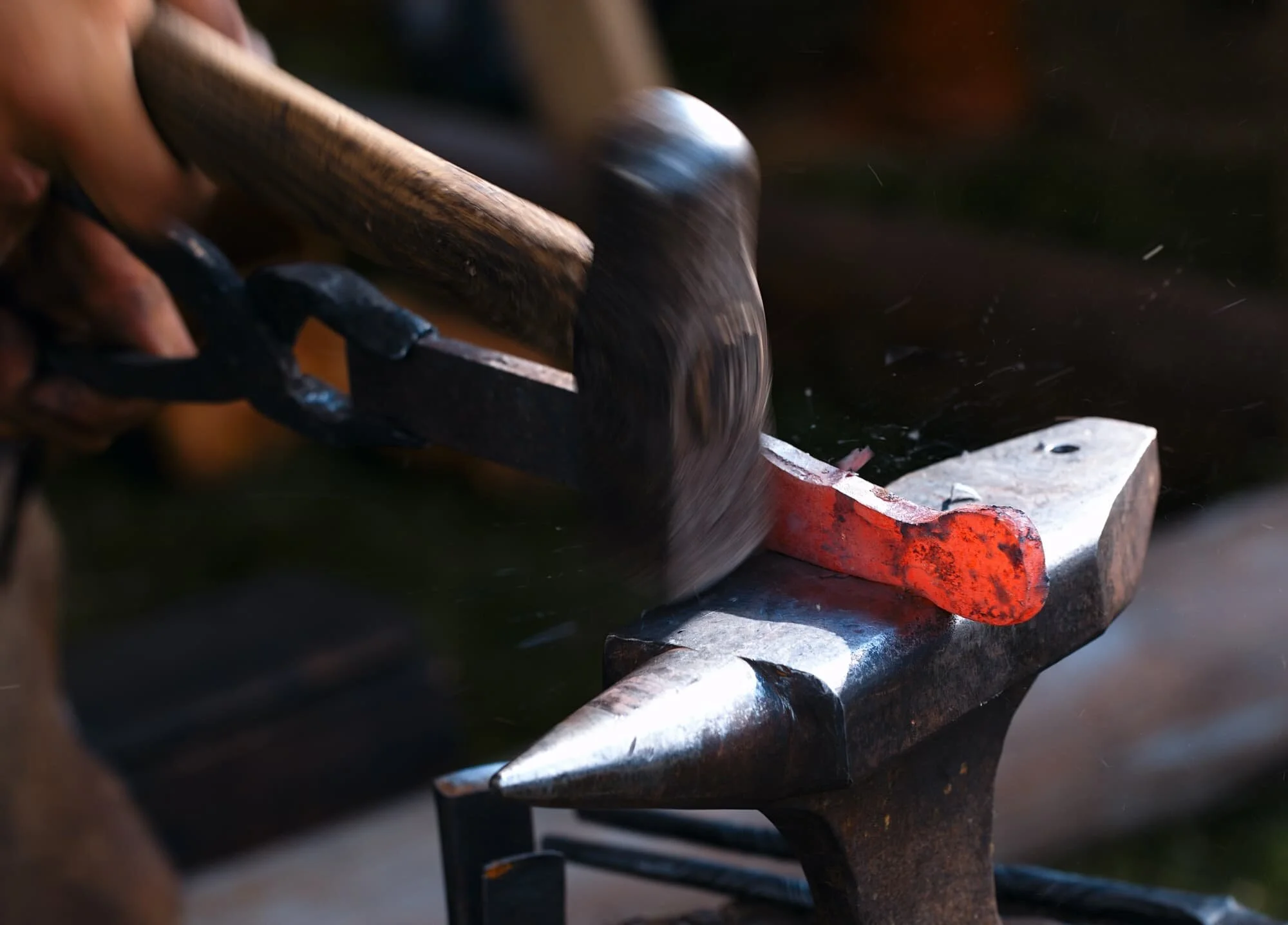Our Labor: Value Our Contributions
We share with one another our capacities to labor. And while we do not all share the same capacities, work gives our lives meaning and significance. We should care about work, the kinds of work we do, the meaningfulness of work, the safety of work, and the compensation for work. During the era of Covid-19 we've often heard about and celebrated the "frontline worker." They are our heros, for sure. But they are also victims of a failed healthcare system driven by greed and profit. Among the workers on the frontlines we find those most vulnerable to virus. They work but without PPE (protective equipment) and they often return to homes and communities where they live under conditions limiting their capacity to protect others and themselves from the virus (e.g., crowded housing). See our vodcast on the social worker as a frontline worker.
If we don't care about meaningful and purposeful work, how can we care about justice? Paul Gomberg calls for contributive justice, which he juxtaposes to redistributive justice. Contributive justice looks at each of our contributions to the overall social division of labor. Yet we're now living in a society, a world, where work is disappearing. Some, like the French philosopher, Alain Badiou, argue that we live in a world where millions are no longer producing, consuming or working. Our youth and older working adults find themselves without meaningful connections to worlds of work.
And now that the rights of workers, where they existed, have been reduced, threatened, or altogether eliminated in the interest of the fantasized "free market" we see unprecedented threats to worker health and safety. Consider how immigrant farmworkers and meatpackers in the U.S. have been exposed to Covid-19. See our blog post on fast food and fast farming.
In On Caring |The Project we will make a strong argument for contributive justice and we invite you into a conversation with us about these important and pressing concerns. In a caring society we care about our workers, their health, their safety, and the meaning of work.
On the Blog - Modes of Caring - Work and Labor
